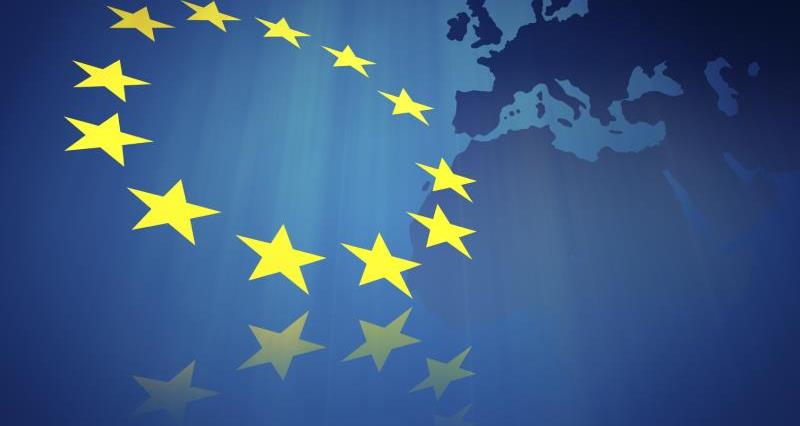Article 222
Ever since Commissioner Hogan mentioned the use of Article 222 at the EU Agriculture Council last week there’s been lots of questions asked on what it means. Hope the below helps (apologies it’s very long but there are some points to consider at the end):
What is Article 222?
1. Article 222 is an exceptional measure provided for in the CAP Common Market Organisation (CMO) Regulation that was agreed in 2013 CAP reform. The objective of the measure is to stabilise markets affected by severe imbalance. There are certain conditions applicable to the use of this Article:
- Severe imbalance in market must exist.
- Any agreements and decisions must not undermine the proper functioning of the internal market and strictly aim to stabilise the sector concerned.
- The Commission must has already adopted other exceptional measures under Articles 219 to 221 of the CMO or the Commission has already utilised public intervention or private storage aid tools.
2. The text of Article 222 is only relevant to recognised Producer Organisations.
3. The duration of this exemption cannot be longer than six months with a possible extension of another six months.
Current situation
The use of Article 222 of the CMO Regulation (planning of milk production) was discussed at the Livestock Management Committee in Brussels last week. The Commission tabled a draft implementing act or IA (attached) and a draft delegated act or DA (attached), which formed the basis for discussion.
Commission view
- The IA will activate Article 222 to allow recognised POs or IBOs to work together solely for the “planning of milk production” over a 6-month period (coinciding with the spring/summer production flush). The measure is EU-wide and can be extended once, for up to another 6 months.
- The Commission state that the legislative tests had been met to enable them to activate this measure under their delegated powers – i.e. there is an ongoing market crisis, and public intervention has been activated in the dairy sector.
- The Commission recognise that POs and IBOs control only 12% of total EU milk production, hence they saw the need to extend the measure to other bodies in order to have a meaningful impact on the dairy market. The accompanying DA therefore extends the scope of this measure to additionally include “cooperatives that have been established by milk producers”. This brings in a further 64% of EU milk production.
- The Commission stressed that the use of this measure is strictly voluntary. It is for producers and processors to decide whether or not to use it. Member States cannot impose it on their industries in any way. It applies only to milk production, not to butter or cheese.
- The Commission sees the role of Member States as monitoring and reporting take-up of the measure by industry and taking steps to prevent any negative impacts for the internal market. There are (limited) monthly reporting requirements on MS and the Commission will collect data and provide updates at future Mancom meetings. This will include commentary on the impact of the A.222 measure on production and prices.
- The Commission felt that we are unlikely to encounter any serious abuse of these powers by POs and co-ops. The Commission were “realistic about the likely take-up” of the A.222 measure by industry.
- The Commission also clarified Commissioner Hogan’s comments at Agriculture Council about creating extra flexibilities for Member States to support their industries through the state aids framework. Adjusting the de minimis ceiling would be a lengthy procedure. Instead, the Commission were working on standard criteria and a template that Member States could use to make the case for additional national support of up to E15,000 per farmer per year. This would help to fast-track any applications under the normal state aid notification process.
- The Commission wants to move quickly to develop these proposals so that they’re in place before the start of the spring flush. A vote is likely this week.
Member state view
- France led the calls for some form of EU financing to incentivise producers to adopt this approach. The Commission state that no EU funds are available. However, MS could consider state aids or use their envelope of targeted funds from the autumn 2015 rescue package.
- The reaction around the table was relatively unenthusiastic. The majority of MS either disagree with this proposal on policy grounds, or feel that it’s unlikely to be widely adopted or successful.
- Defra were concerned with the extension of powers to co-ops and the rather minimal requirements for reporting, monitoring and policing.
- Spain raised the point that under Article 152 POs can already play a role in planning production and concentration of supply. They questioned what value this proposal would add. The Commission stressed that the additionality of the new measure is in allowing several POs, IBOs and/or co-ops to conclude joint agreements and take collective decisions about the planning of milk production.
- The Irish Government made it clear that they would not consider using this option at all as it goes against all their strategy for future dairy growth.
NFU Position
- Defra is unlikely to support the use of this measure
- Defra is unlikely to fund this measure
- Our main co-ops are unlikely to make use of this measure as it goes against their strategy (especially Arla)
- The measure is counter intuitive – as some companies/ countries pull back production others will increase to fill the void. It is unlikely to work at a processor, member state or EU level.
